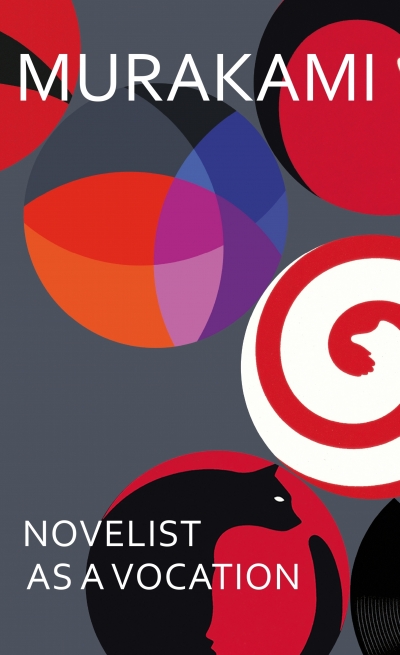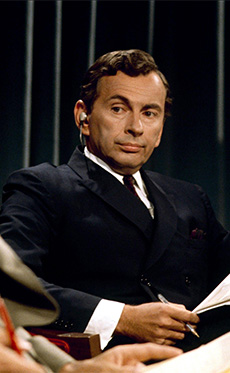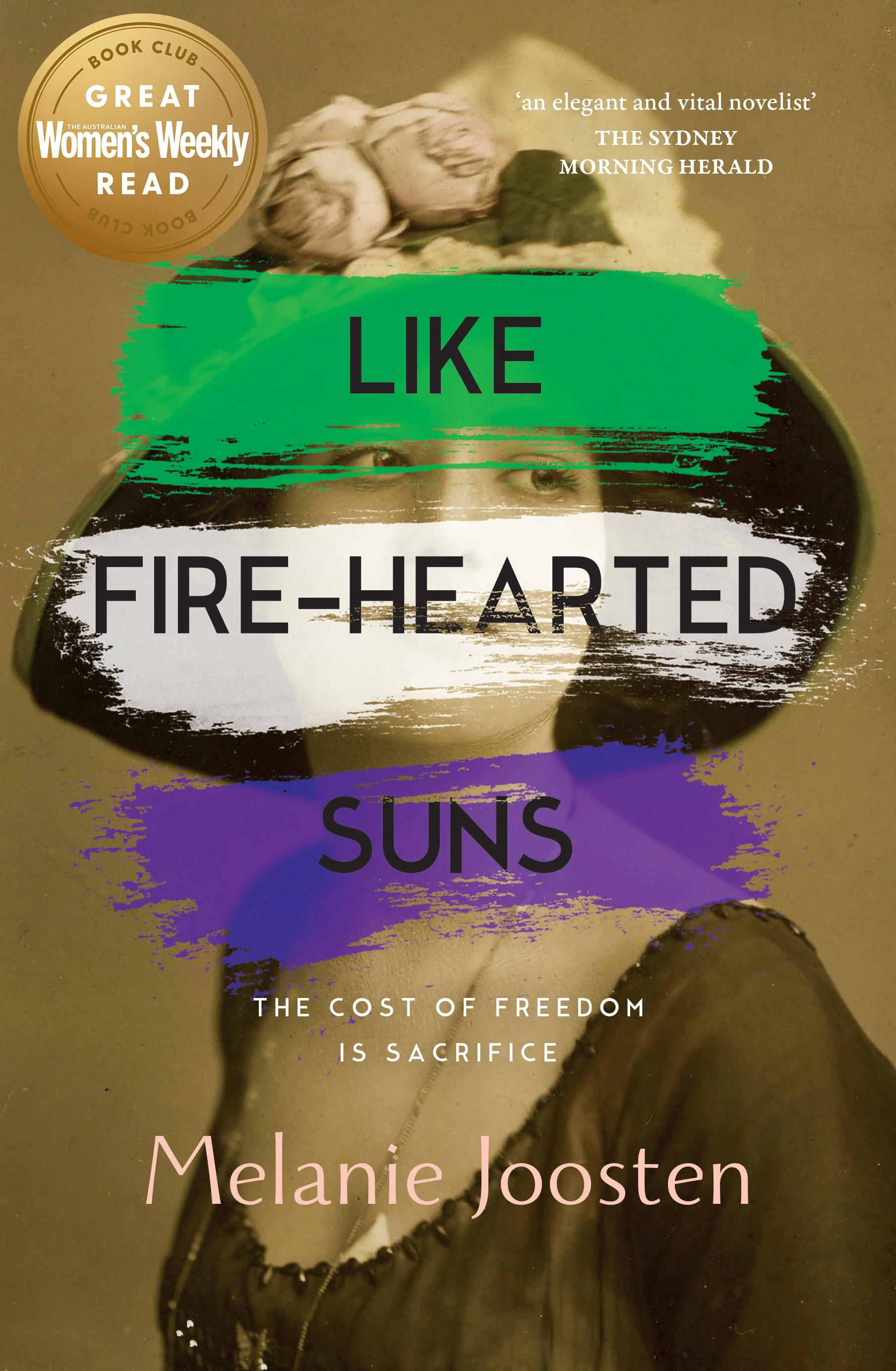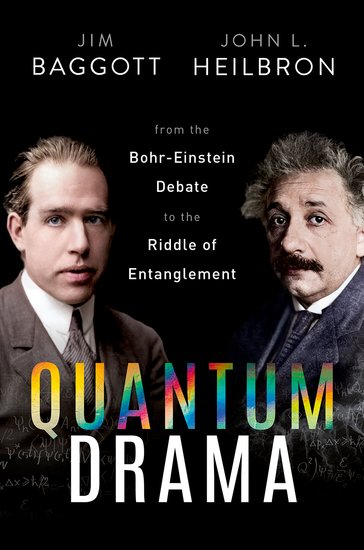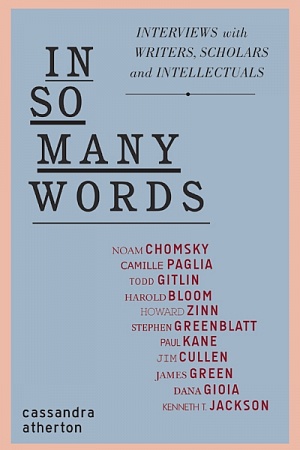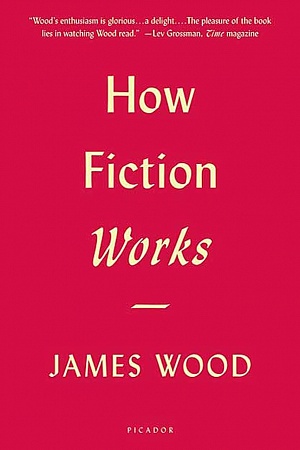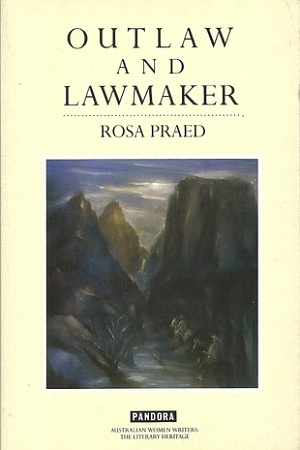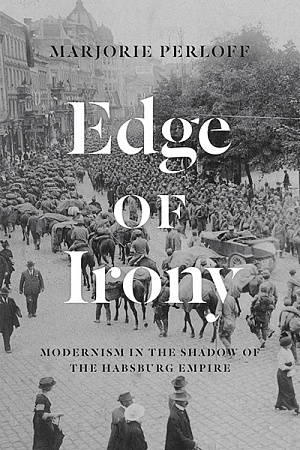Novelist as a Vocation
Harvill Secker, $35 hb, 219 pp
Automatic dwarves
In Novelist as a Vocation, Haruki Murakami describes himself as a ‘very ordinary person’ who has ‘a bit of ability’ in writing novels. It is a point Murakami labours in the eleven essays loosely focused on the craft of writing in this book, where he variously insists that ‘I was just a regular guy who in his spare time tossed off a novel that happened to go on to win a new writer’s prize’. While it is difficult to imagine that an international bestselling author is a kind of everyman figure, these statements are put under pressure in this volume in discussions about his ‘magical’ creativity.
Two examples will suffice: Murakami describes his ‘mental chest of drawers’ and also his automatic process, dubiously named ‘Automatic Dwarves’, as being akin to the first time he drove an automatic car and imagined there were dwarves in the gearbox, ‘each in charge of operating a separate gear’. This kind of pairing of the everyday with the extraordinary (and occasionally inappropriate) and Murakami’s appeal to magical realism and neo-surrealism are features of his fiction. His use of memorable conceits and slant ways on his writing life are important elements in his essays on writing, but they chart his remarkable rather than mundane circumstances.
The essays explore a range of topics from more practical ideas to deeply esoteric themes, and contain some cracker lines. In ‘Are Novelists Broadminded?’, Murakami states: ‘Writers are basically an egoistic breed, proud and highly competitive.’ Some of the more useful essays for writers include ‘Making Time Your Ally: On Writing a Novel’, where Murakami discusses the importance of writing a set number of words each day (for him this is the equivalent of sixteen hundred words) and the importance of feedback; ‘What Kind of Characters Should I Include?’, which includes ruminations on his early use of first-person narration and his current preference for the third person; and ‘A Completely Personal and Physical Occupation’, which foregrounds ‘mental toughness’ and ‘loneliness’ as part of the writerly experience. Some of the most memorable moments are expressed in ‘When I Became a Novelist’, where Murakami reanimates the ‘satisfying crack when bat met ball’ at a Yakult baseball game and ‘it suddenly struck [him]: I think I can write a novel’. He also writes about the time he held a carrier pigeon with a broken wing: ‘as the warmth of the wounded pigeon sank into his hands’, he knew he would win a literary prize.
Continue reading for only $10 per month. Subscribe and gain full access to Australian Book Review. Already a subscriber? Sign in. If you need assistance, feel free to contact us.

